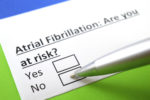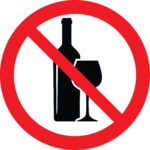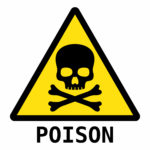A normal heart beats between 60 and 100 per minute when resting. Atrial Fibrillation is a condition which can increase the heartbeat to over 140 beats per minute. These beats are likely to be irregular. In the heart of someone with this condition, the upper chambers of the heart (called Atria) contract randomly and so […]





